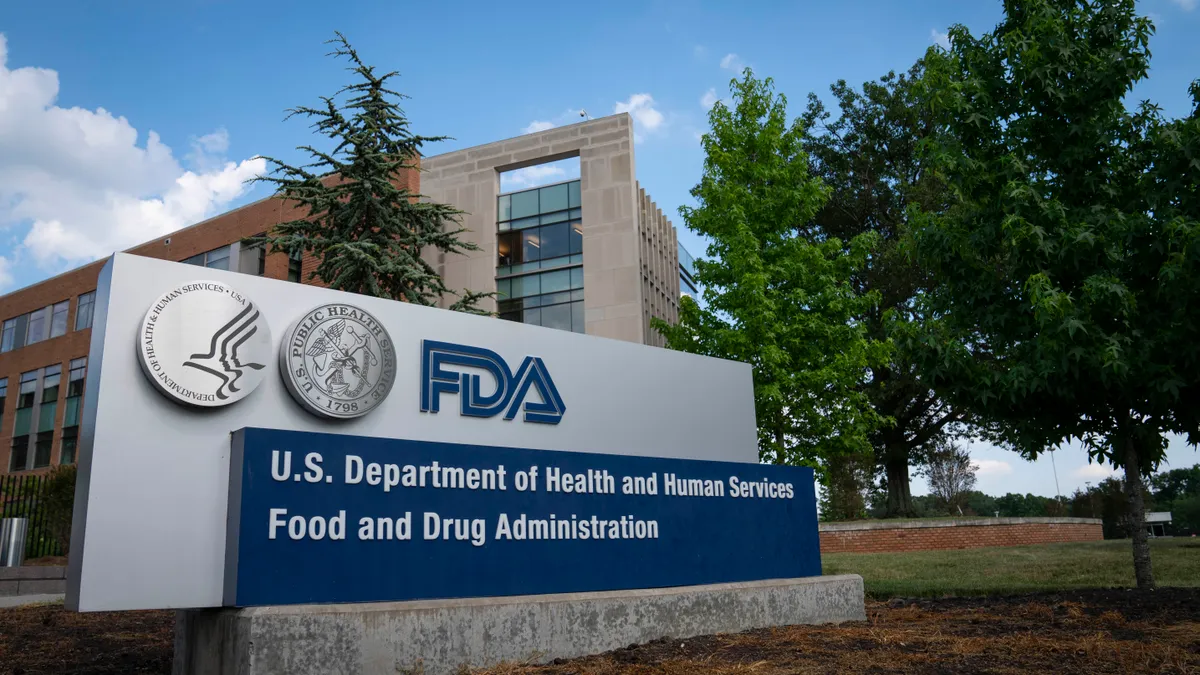Dive Brief:
- Hologic received approval from the Food and Drug Administration for an assay to quantify the viral load of cytomegalovirus (CMV) in solid organ or stem cell transplant patients, clearing it to challenge companies including Roche.
- The FDA's approval of the Aptima CMV Quant assay, which follows last year’s CE mark, positions Hologic to sell a post-transplant pathogen detection and monitoring test for its Panther system in the U.S. for the first time.
- Having entered the space, Hologic plans to work toward approvals of transplant assays for other pathogens including the BK virus and Epstein-Barr virus to provide quantitative assessments of potential threats to patients.
Dive Insight:
CMV poses little threat to people with healthy immune systems, with most infections only causing mild symptoms, if any. However, immunosuppressive regimens needed to prevent the rejection of transplants of solid organs and stem cells leave patients more vulnerable. Left untreated, CMV can cause outcomes including transplant rejection and death, leading physicians to monitor patients for the pathogen.
Labs use nucleic acid amplification techniques to detect and quantify CMV and thereby enable timely treatment. Still, limited availability of international standards and variation in assay characteristics previously resulted in a variance in quantification, according to Hologic
The World Health Organization responded by creating an international standard that has been used to calibrate several FDA-approved commercial assays. Roche hailed its COBAS AmpliPrep/COBAS TaqMan CMV Test as the first in-vitro diagnostic test to conform with the WHO standard. Abbott Laboratories and Qiagen also have CMV tests.
While WHO-standard assays are available, unaligned laboratory-developed tests remain in use. Hologic’s Aptima CMV Quant assay offers another option and marks the start of the company’s effort to expand in the transplant sector.
Hologic CEO Steve MacMillan on a quarterly results conference call last month set out the progress of the integration of the $159 million Diagenode acquisition and implications for the transplant assay strategy.
“To date, teams from San Diego and Belgium have worked together closely to improve processes and clearly define a robust product development pipeline. The team is already making meaningful progress towards approval of two viral load assays, which will expand our urology portfolio in the transplant testing space,” MacMillan said.
Hologic is looking to transplant assays to help drive growth as COVID-19 testing abates. The company tapped earnings from its testing windfall to make a series of deals last year, including the takeover of Diagenode.










